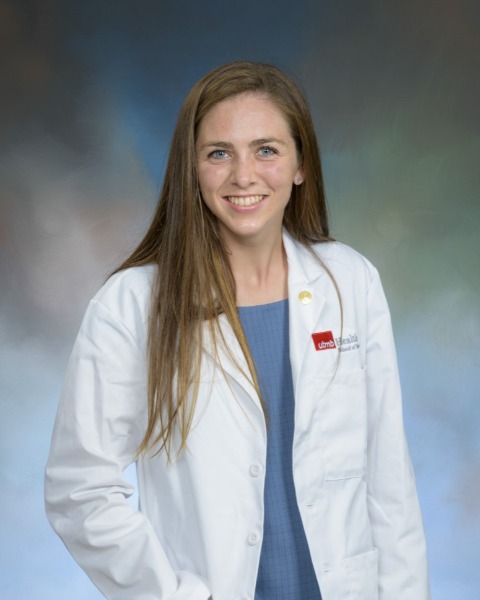Neonatology
Session: Neonatal Quality Improvement 1 Works in Progress
WIP 12 - Making Skin-To-Skin Cool Again: Reaping the Benefits in the NICU
Monday, May 6, 2024
9:30 AM - 11:30 AM ET
Poster Number: WIP 12
Publication Number: WIP 12.2516
Publication Number: WIP 12.2516

Ashley E. Driscoll Davis, BS
Student
University of Texas Medical Branch John Sealy School of Medicine
Galveston, Texas, United States
WIP Presenting Author(s)
Background: An abundance of evidence exists supporting the benefits of skin-to-skin (STS) care in infancy for both mother and baby. STS is defined as the placement of the undressed infant ventrally on the mother/caregiver’s bare chest. The American Academy of Pediatrics recommends 1 hour of STS time immediately after delivery and cites benefits for ongoing intermittent STS throughout infancy. Infants in the neonatal intensive care unit (NICU) are not exempt from the benefits of STS, including improved breastfeeding and mother-infant bonding, improved sleep organization, lengthened duration of quiet sleep, and decreased perception of pain in neonates. However, these neonates face additional hurdles in receiving STS.
Objective: The objective of this quality improvement project is to increase the frequency of STS care of all infants admitted to the NICU at the University of Texas Medical Branch by 20% from baseline in 6 months.
Design/Methods: This project qualified from an IRB QI exemption. This study is taking place in a Level IV NICU at the University of Texas Medical Branch (UTMB) in Galveston, TX, and began in August of 2023. The project was kicked off with a staff survey to assess current barriers to STS followed by a month-long “Skin-to-Skin-athon” initiative consisting of unit practices surveys, STS goals, fliers, and incentives for nursing staff. Since August, we have used weekly chart review of the NICU census to track the rate of STS, rate of holding, intubated patients receiving STS, as well as number of patients with interactions, at-bedside visits, and active in care visits. We would like to analyze the trends in the rate of STS to assess the effectiveness and sustainability of our STS initiative over time, using QI tools such as run and control charts. Additionally, we will analyze the unit practice surveys using a Pareto chart. We will collect data for two quarters so we can run and analyze several PDSA cycles, the first from August through October, and the second being November through January.
